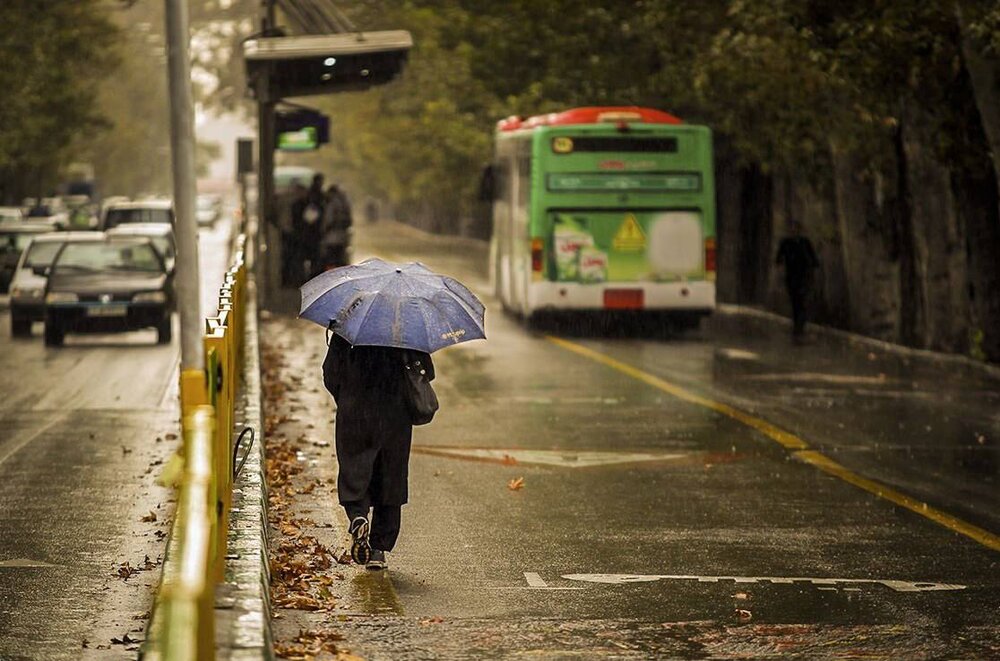Precipitation 15.5% less than normal in Iran

TEHRAN – Since the beginning of the current water year (September 23, 2021), the country has received rainfall 15.5 percent below normal.
According to the latest report of the National Center for Drought Warning and Monitoring Center, the total rainfall of the whole country has reached 112.8 mm, which has decreased by 13.5 mm compared to the long-term period of 130.4 mm, from the beginning of the current water year to February 17.
The precipitation rate during autumn (September 23-December 21, 2021) was not very favorable, as the Meteorological Organization has considered this autumn one of the driest seasons in the past 50 years.
However, from the beginning of winter (December 22, 2021) to February 17, the amount of rainfall was accompanied by a growth of over 6.1 percent compared to the long-term average.
Iran’s average rainfall will decline by 75 percent in the next five years. But overall, the rainfall rate during the current water year is not yet favorable, as it is 15.5 percent lower than normal averages.
According to the World Meteorological Organization's multiannual forecast, in the next five years, Iran’s average rainfall will decline by 75 percent, and the temperature rises by 50-75 percent compared to the long-term average.
Climate change and extreme weather events
Climate change is a fact that cannot be run over, whether the temperature raises over 2 or 6°C, natural incidents such as flooding, droughts, and severe storms are among the main consequences of climate change.
Moreover, water and food shortages, water-borne illnesses, cold or heat-related deaths will come up as the results of temperature variations. In tropical areas also the risk of floods will rise.
Heavy rain and other extreme weather events will become more frequent, which can lead to floods along with decreasing water quality, but also decreasing availability of water resources in some regions.
Climate change will also bring extreme wet and dry seasons, which mainly causes rainfall fluctuations and water scarcity. While there have been prolonged droughts nationwide in past recent years leaving people scrambling for water.
So, nations must take steps to reduce greenhouse gas emissions in the future, preventing the emissions peak, otherwise, they might not be able to breathe on the planet in the future, or migrate to other places if found.
The study may also come efficient when it comes to making the people aware of climate change impact in their own city, within their lifetime, to avoid experiencing an entirely new climate that is beyond human experience.
FB/MG
